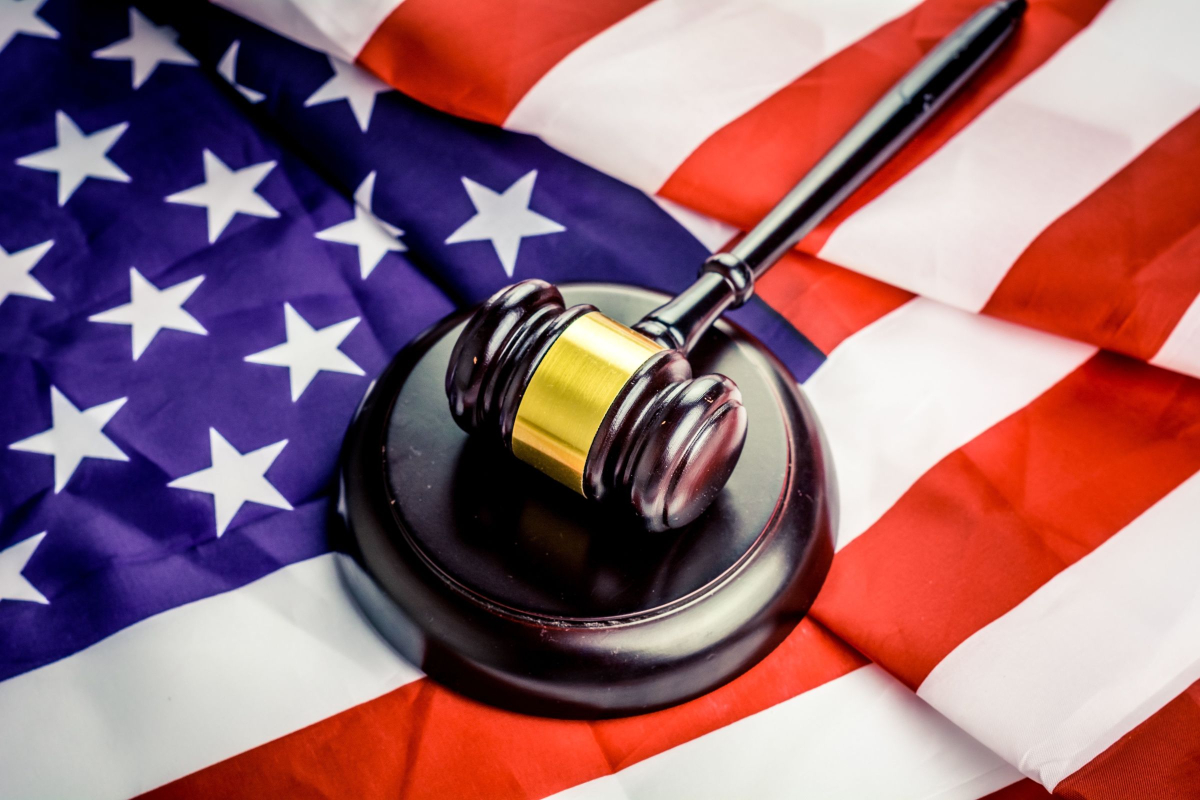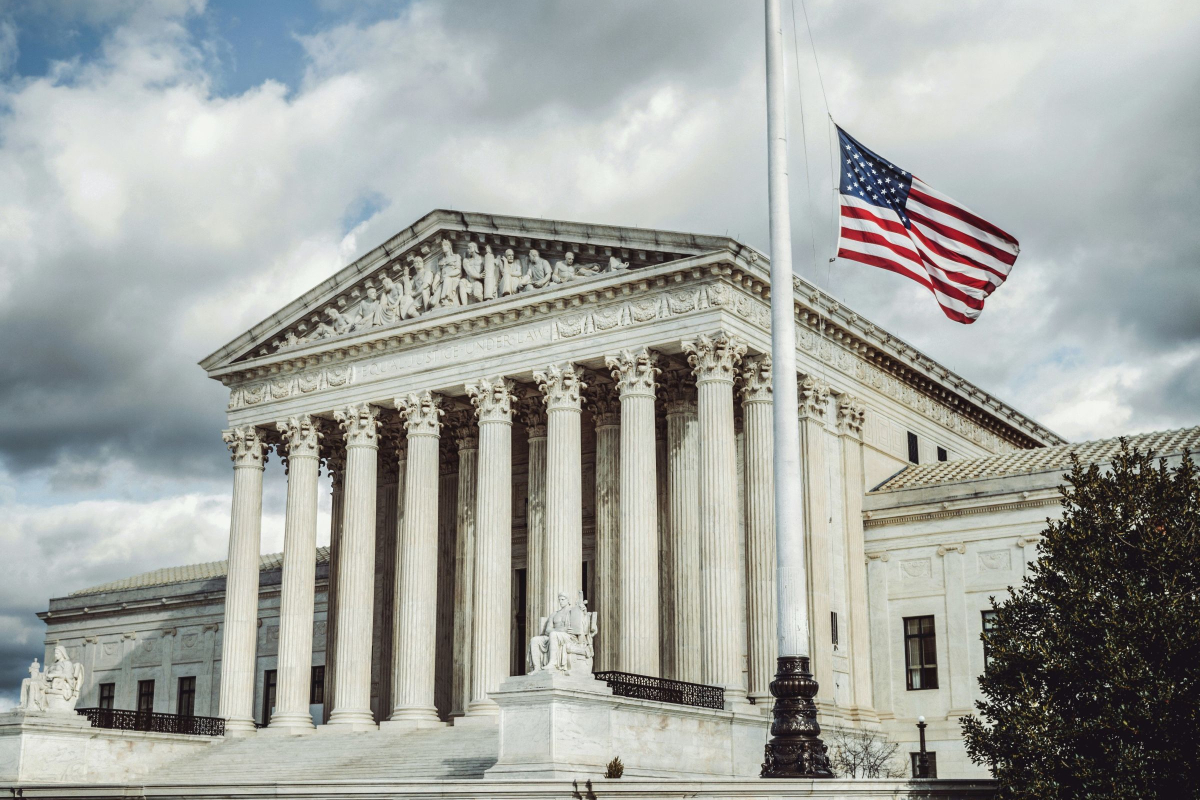WA State Patrol Fined $750,000 for Withholding Public Records After Crash
The Washington State Patrol (WSP) has been fined $750,000 for failing to disclose public records following a tragic crash in 2020. This decision, made by Pierce County Superior Court Judge Bryan Chushcoff, is a significant step for transparency and accountability in our community.
The Crash and the Aftermath
The incident dates back to September 2, 2020, when Bart and Penny Adler of Olympia lost their 23-year-old son, Isaac, in a severe car accident on Highway 512. The crash was caused by a speeding driver, Patrick Nicholas III, who collided with Isaac’s car. The collision resulted in Isaac’s tragic death, leaving his family devastated.
The Struggle for Information
In the aftermath, the Adler family’s attorneys requested the Washington State Patrol’s investigation records. These records were crucial to understanding the crash and holding the responsible parties accountable. However, the WSP delayed and ultimately failed to provide the requested documents. This lack of transparency left the Adler family in the dark, adding to their trauma and frustration.
The Lawsuit
In response to the WSP’s failure to disclose the records, the Adler family filed a lawsuit against the agency. The case highlighted the importance of public records in ensuring justice and transparency. The Washington State Patrol’s delay and non-compliance violated the state’s Public Records Act, which mandates that government agencies must provide requested records promptly.
Judge Chushcoff’s Ruling
Judge Bryan Chushcoff’s ruling emphasized the significance of the Public Records Act and the duty of public agencies to comply with it. He ordered the WSP to pay $750,000 in penalties, stating that their actions were a “serious violation” of the law. The judge’s decision sends a clear message that withholding public records is unacceptable and will not be tolerated.
Impact on the Community
This lawsuit is a reminder of the power of transparency and the importance of holding public agencies accountable. It is not just about a monetary penalty but about the principles of justice and the rights of citizens. The community depends on transparency to trust and engage with public institutions. When agencies like the WSP fail to disclose vital information, it undermines this trust and harms the very people they are meant to serve.
The Adler family’s case is a testament to the resilience and determination of individuals seeking justice. Their fight has paved the way for others in similar situations to demand their rights and hold public agencies accountable.
Moving Forward
The Washington State Patrol’s response to this ruling will be crucial. They need to implement measures to ensure that such delays and violations do not happen again. By doing so, they can begin to rebuild the trust that has been damaged by this incident.
For the Adler family, this ruling brings a sense of closure and justice. It acknowledges the pain and struggle they endured and serves as a reminder that their fight was not in vain.
Conclusion
The $750,000 fine against the Washington State Patrol is more than just a legal decision; it is a victory for transparency, accountability, and justice. It underscores the importance of public records and the rights of individuals to access them. As a community, we must continue to advocate for transparency and hold our public institutions accountable to ensure that justice is served for all.











